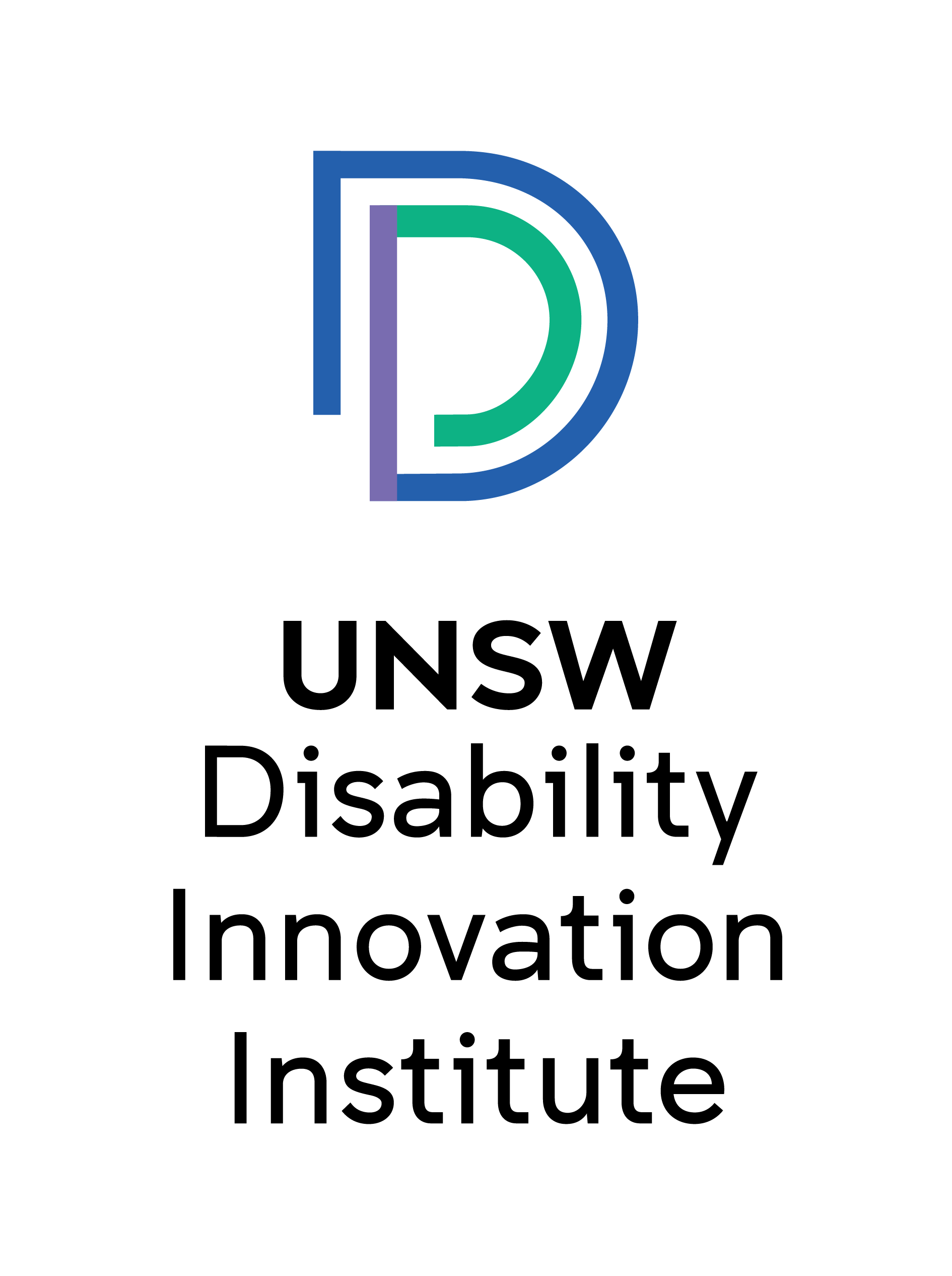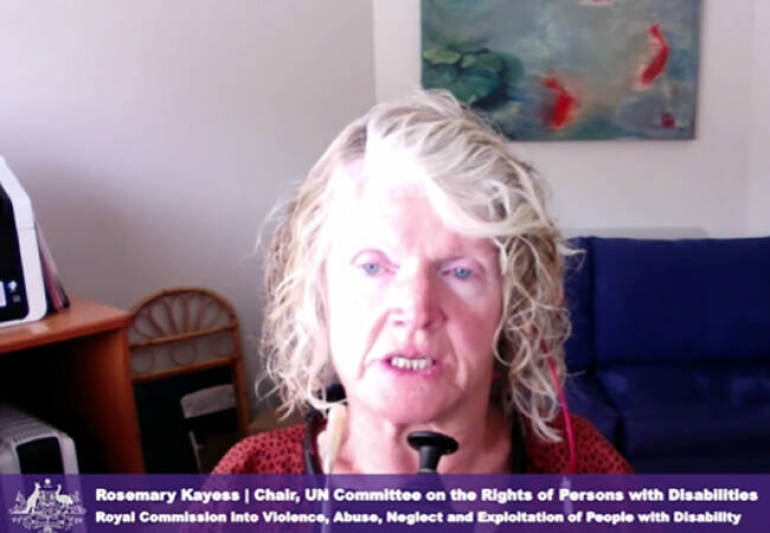Ms Kayess told the group that, despite Australia's ratification of the United Nations Convention on the Rights of Persons with Disabilities and endorsement of the United Nations Declaration on the Rights of Indigenous Peoples, the reality for most First Nations people, especially those with disability, was inequality and discrimination.
'Understanding segregation, whether it be implicit or explicit, subtle or overt, is critically important, along with its implications,' she said.
'People with disability are defined by the service system and not human rights.
'We know there is a high rate of disability within Indigenous groups, and there is a lack of community run and culturally responsive services so many First Peoples with disability don't access disability services.
'COVID-19 has been really interesting, in terms of the way it was obvious that policy makers don't conceive people with disability outside the NDIS.'
Ms Kayess also said that autonomy rights are fundamental to maintaining and protecting the rights of people with disability, particularly in the criminal justice system.
The over representation of Indigenous people within the criminal justice system and the high prevalance rate of disability means it has a significant impact on Indigenous people with disability. The loss of autonomy, and indefinite incarceration, has contributed to a different form of segregation for Indigenous people with disability.
'To continue to tie them up to those systems, is to leave them in those systems.'
Ms Kayess believes that change is possible, but only if First Nations people with disability are included in both policy-making and monitoring.


